Technical RFP Expert - Technical Tender Analysis
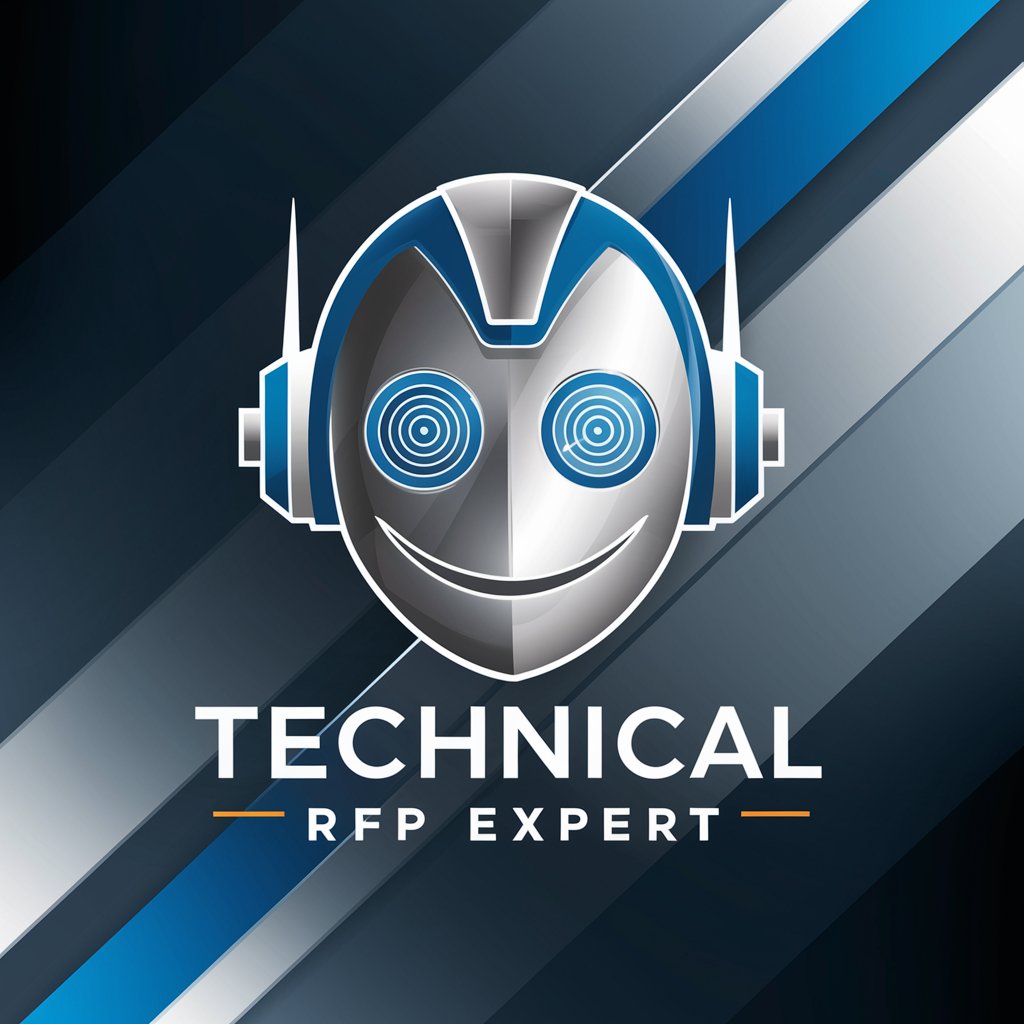
Hello! I'm here to assist with your technology RFP needs.
Deciphering Tenders with AI Expertise
Analyze the technology requirements in this RFP and provide insights.
Summarize the key technical aspects of this procurement document.
Identify potential risks and regulations related to this tender.
List the necessary certifications mentioned in this technology RFP.
Get Embed Code
Understanding Technical RFP Expert
Technical RFP Expert is designed as a specialized AI assistant to guide and support users through the intricacies of technology-focused Requests for Proposals (RFPs), Requests for Information (RFIs), Requests for Quotation (RFQs), Tenders, Procurements, and similar documents. Its core purpose is to analyze and interpret technical specifications, requirements, risks, regulations, and certifications within these documents. This expertise extends to offering insights into cloud technologies, programming languages, technology providers, and more. For example, if provided with an RFP document that outlines the need for a new cloud-based data storage solution, Technical RFP Expert can dissect the document to highlight technology requirements, evaluate the feasibility of proposed solutions, identify potential risks, and suggest compliance with relevant regulations and certifications. Powered by ChatGPT-4o。

Core Functions of Technical RFP Expert
Document Analysis
Example
Analyzing an RFP for a government cloud migration project, identifying key technical requirements, and assessing the alignment with industry standards.
Scenario
A government agency issues an RFP for migrating its digital archives to the cloud. Technical RFP Expert reviews the document to clarify the technical specifications, such as the required cloud service model (IaaS, PaaS, SaaS), data security standards (e.g., ISO 27001, GDPR compliance), and integration with existing systems. This analysis helps bidders understand the scope and prepare accurate proposals.
Risk Identification
Example
Evaluating an RFQ for a new software development project, pinpointing potential technical and regulatory risks.
Scenario
A startup plans to outsource the development of its new finance app and releases an RFQ. Technical RFP Expert examines the document to highlight risks such as potential data security vulnerabilities, compliance with financial regulations (e.g., PCI DSS for payment processing), and scalability concerns. This helps the startup mitigate risks in its vendor selection process.
Compliance and Certification Guidance
Example
Providing a detailed analysis of compliance requirements for a healthcare data processing tender, including necessary certifications for vendors.
Scenario
A healthcare institution issues a tender for processing patient data. Technical RFP Expert reviews the tender documents to identify required compliance with healthcare regulations (e.g., HIPAA in the U.S., GDPR in Europe for patient privacy) and suggests certifications that vendors should possess (e.g., HITRUST CSF). This ensures that respondents are well-informed of the compliance landscape and can validate their eligibility based on these standards.
Who Benefits from Technical RFP Expert?
Government Agencies
Agencies that issue RFPs for technology projects can use Technical RFP Expert to ensure their documents are clear, comprehensive, and aligned with industry standards, thereby attracting qualified bidders.
Technology Providers
Vendors and contractors that respond to RFPs, RFIs, and RFQs in the tech sector can leverage Technical RFP Expert for insights into document requirements, risk assessment, and compliance, aiding in the preparation of competitive and compliant proposals.
Consultants and Advisors
Consultants working on technology procurement and tender processes can utilize Technical RFP Expert to streamline their analysis, ensuring they offer well-informed advice to their clients on both issuing and responding to technical tenders.

How to Use Technical RFP Expert
1
Visit yeschat.ai for a no-login, free trial experience, not requiring ChatGPT Plus.
2
Upload or paste the content of your RFP, RFI, RFQ, Tender, or procurement document directly into the chat interface.
3
Specify the particular aspects you're seeking assistance with, whether it's technology analysis, risk assessment, or understanding regulations and certifications.
4
Utilize the insights provided to refine your approach, develop questions, or create a response to the RFP.
5
For best results, provide as much context as possible about your project or the technologies you're interested in for a tailored analysis.
Try other advanced and practical GPTs
Cyber Security CISO Assistant
Empowering CISOs with AI-Powered Cybersecurity Expertise

Real Estate Copilot
AI-Powered Real Estate Discovery

Dense Summarizer
Summarizing Complexity with AI Precision
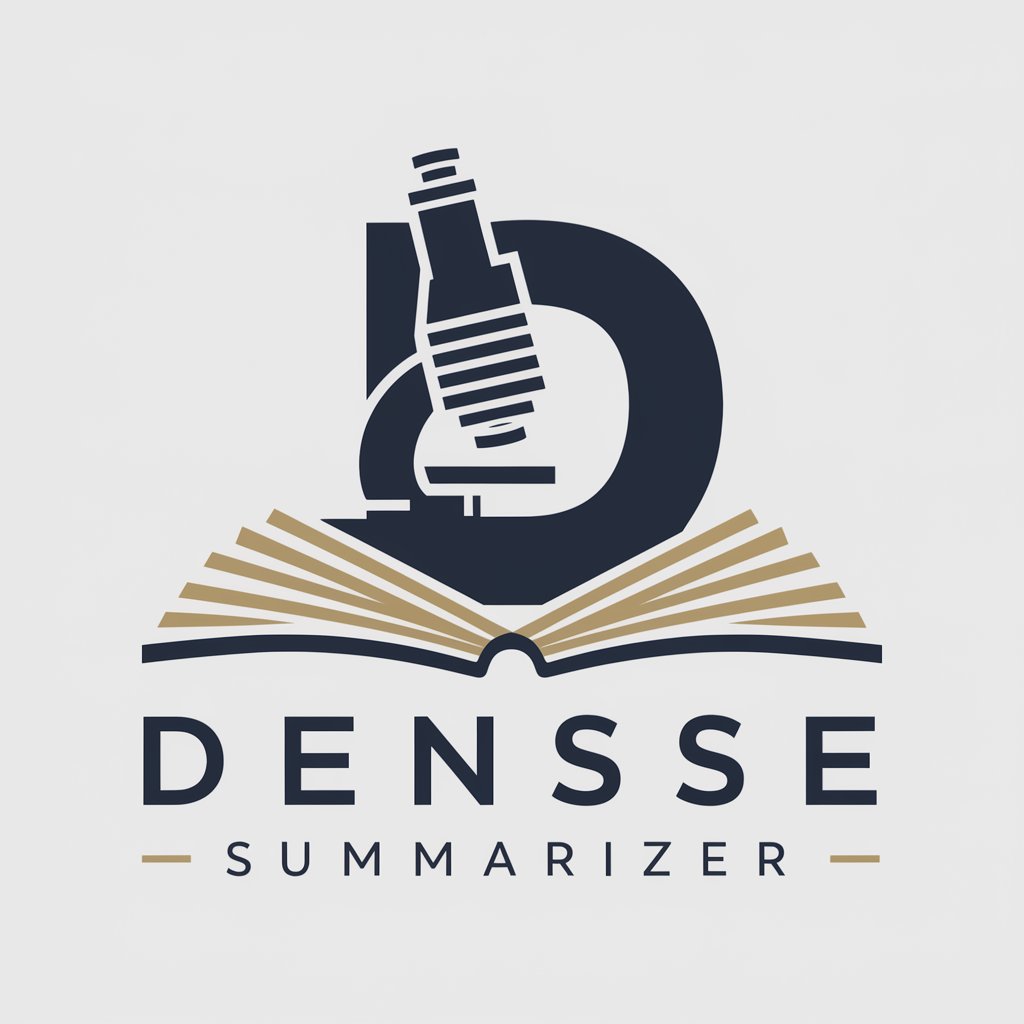
Product Manager
Crafting Vision with AI Precision
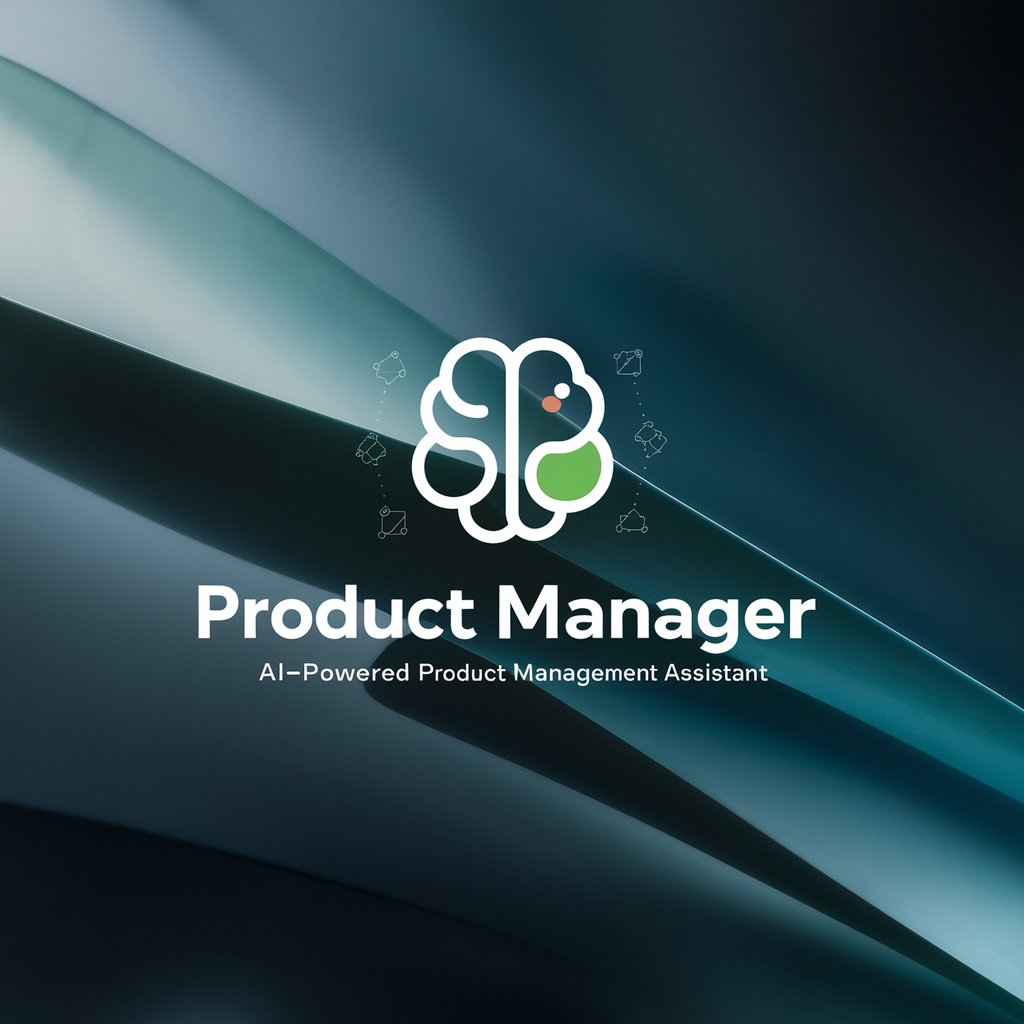
Peds Ortho EM Coding Assistant
Streamlining Pediatric Ortho Coding with AI
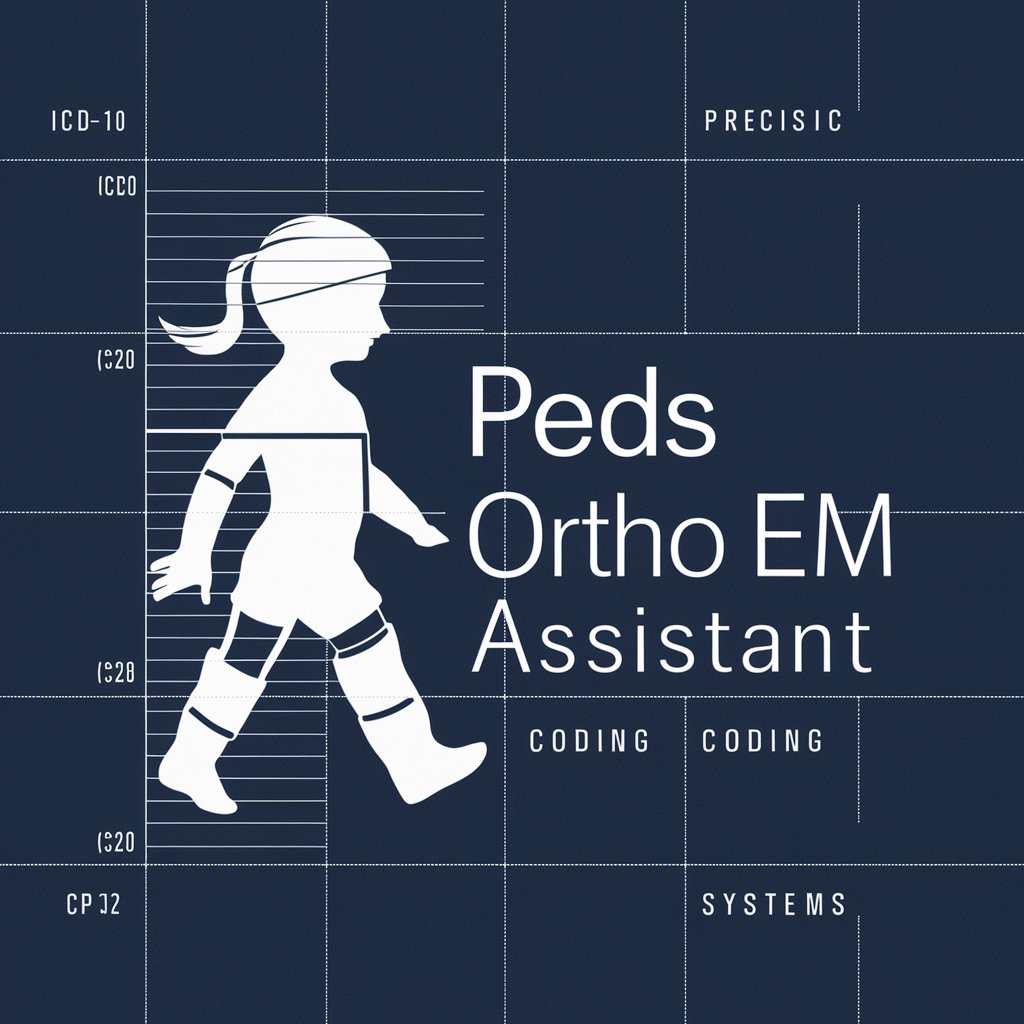
Restaurant Bill Split
Splitting bills fairly with AI precision
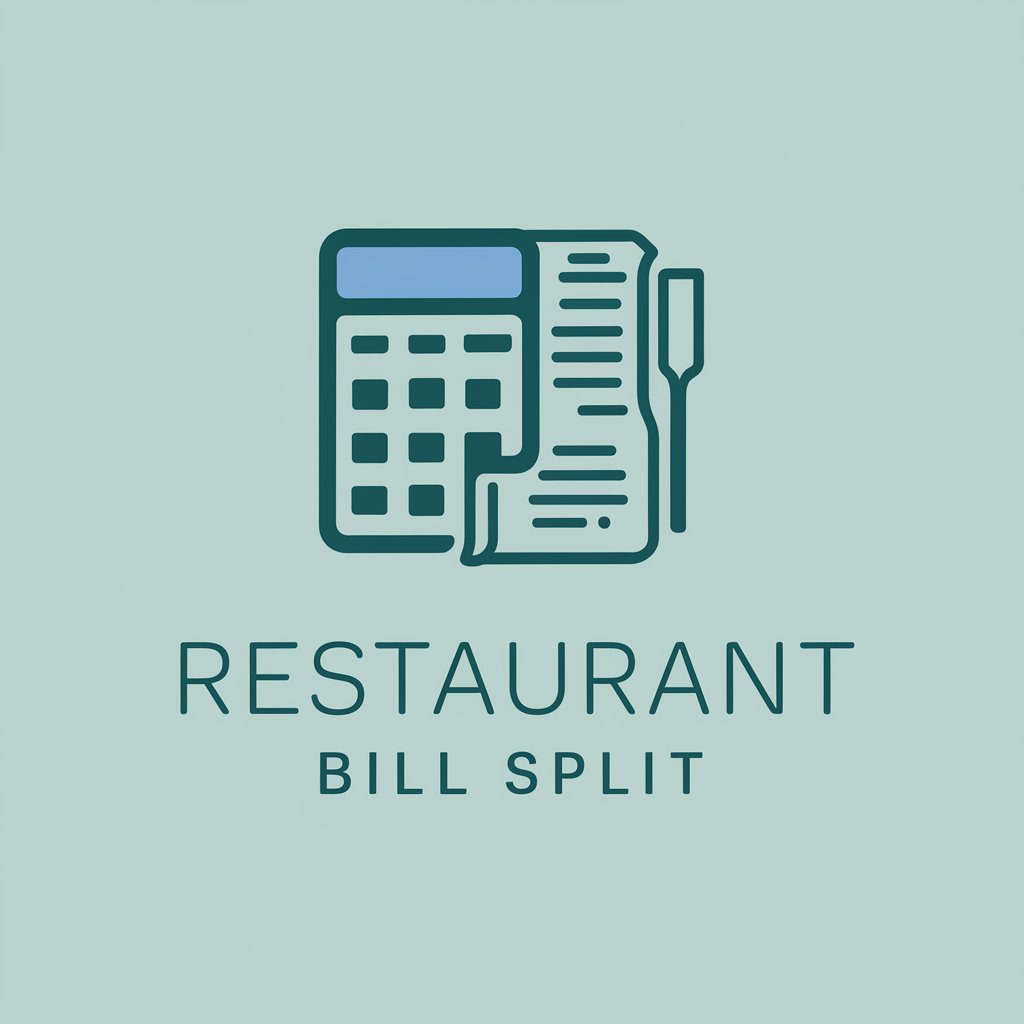
MartinsGPT - Inventory Assistant
Streamlining Inventory with AI Precision
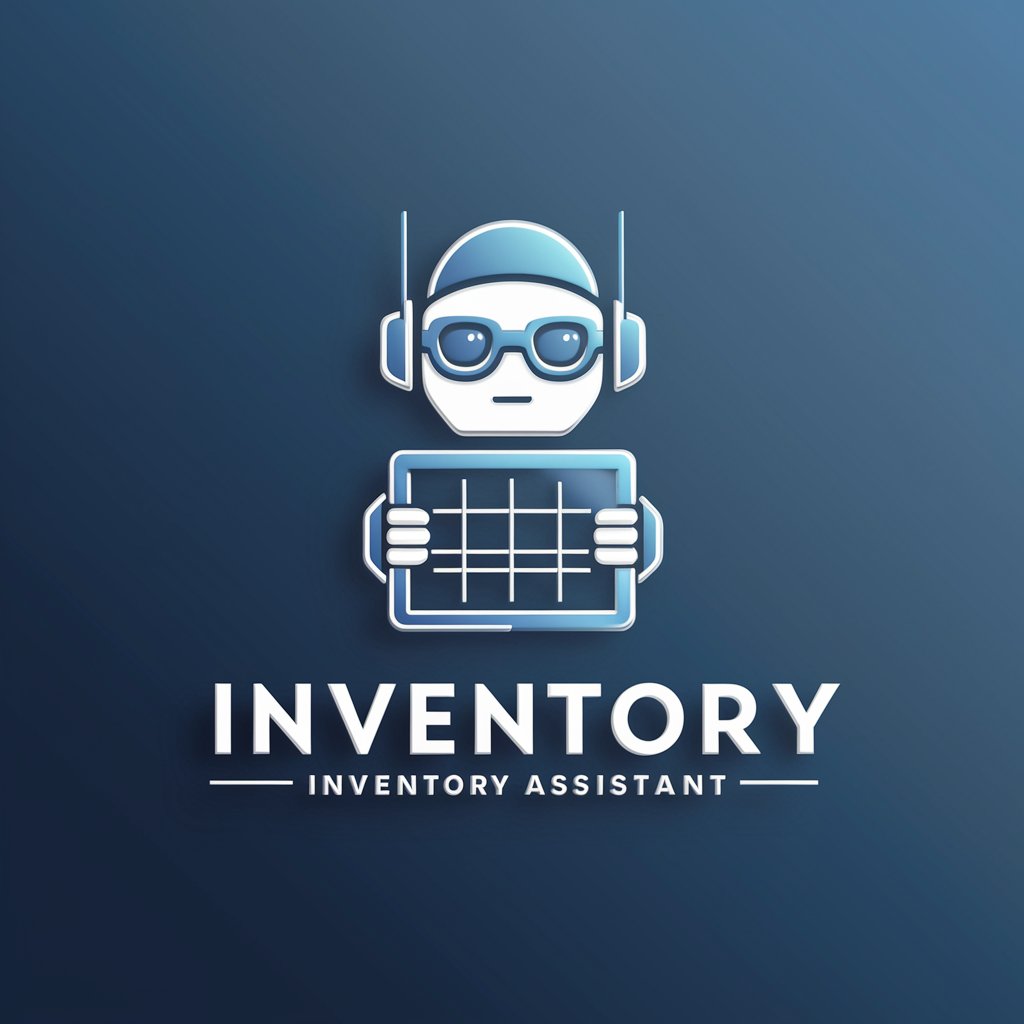
Interactive Comic Creation with Jack
Bringing Stories to Life with AI

InnerSight
Discover Yourself with AI-Driven Reflection
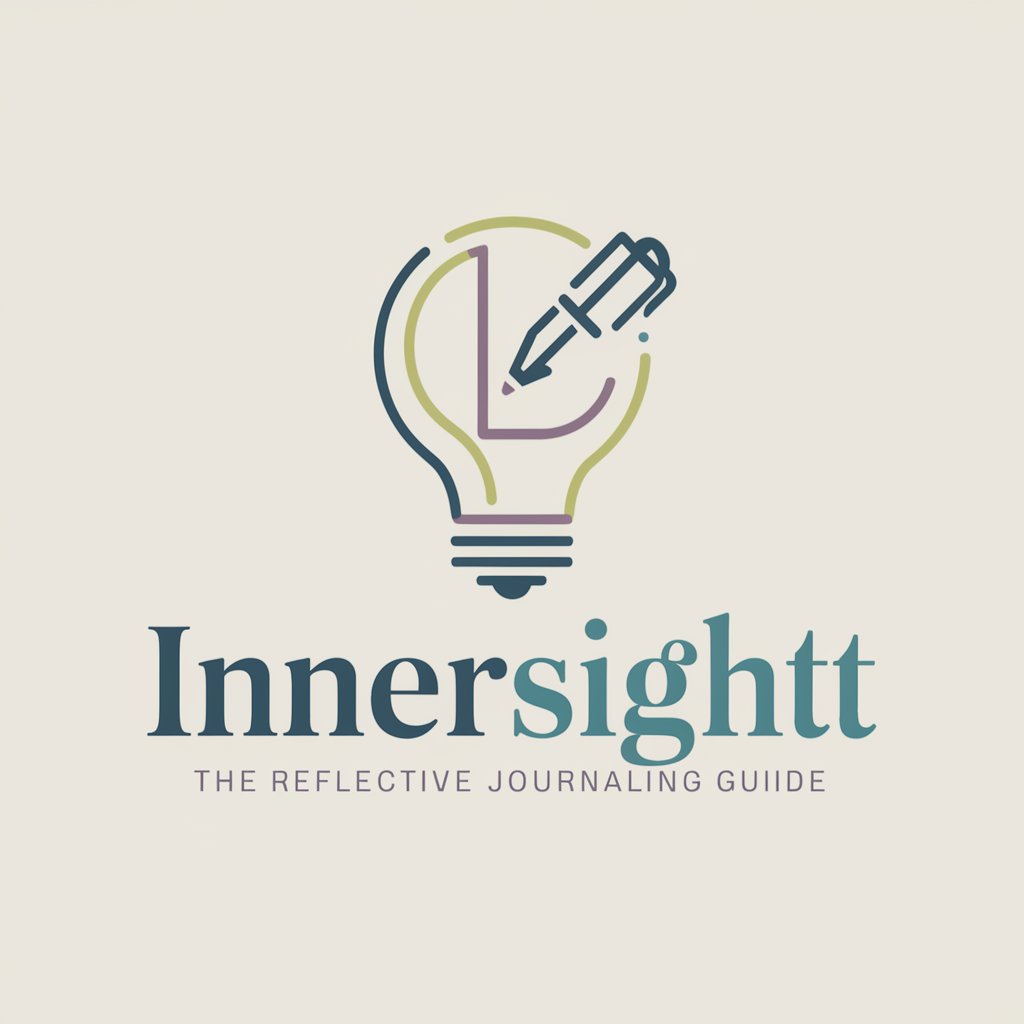
ProfessorWhimsy
Making Learning an Adventure with AI
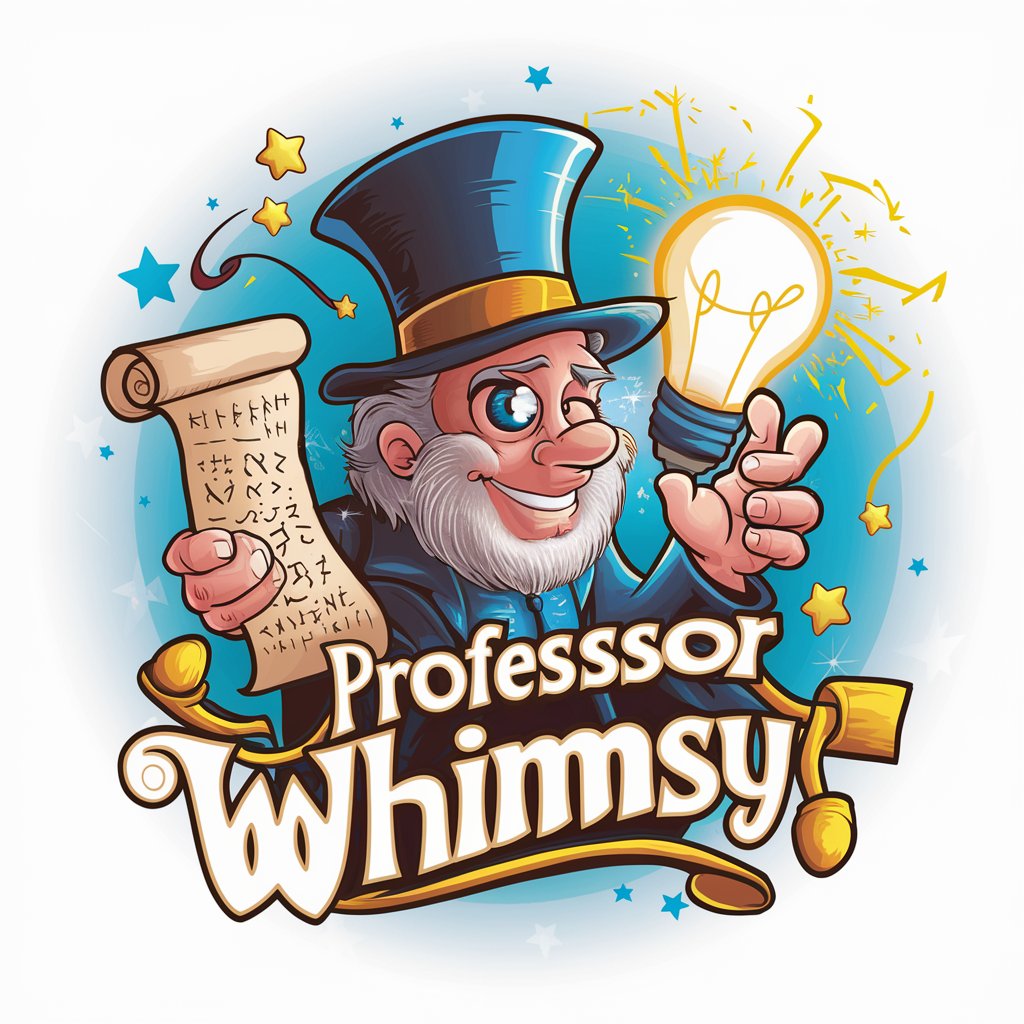
Celebrity Book Finder
Discover what celebrities read, powered by AI

赛斯会谈
Unlocking the wisdom of Seth with AI
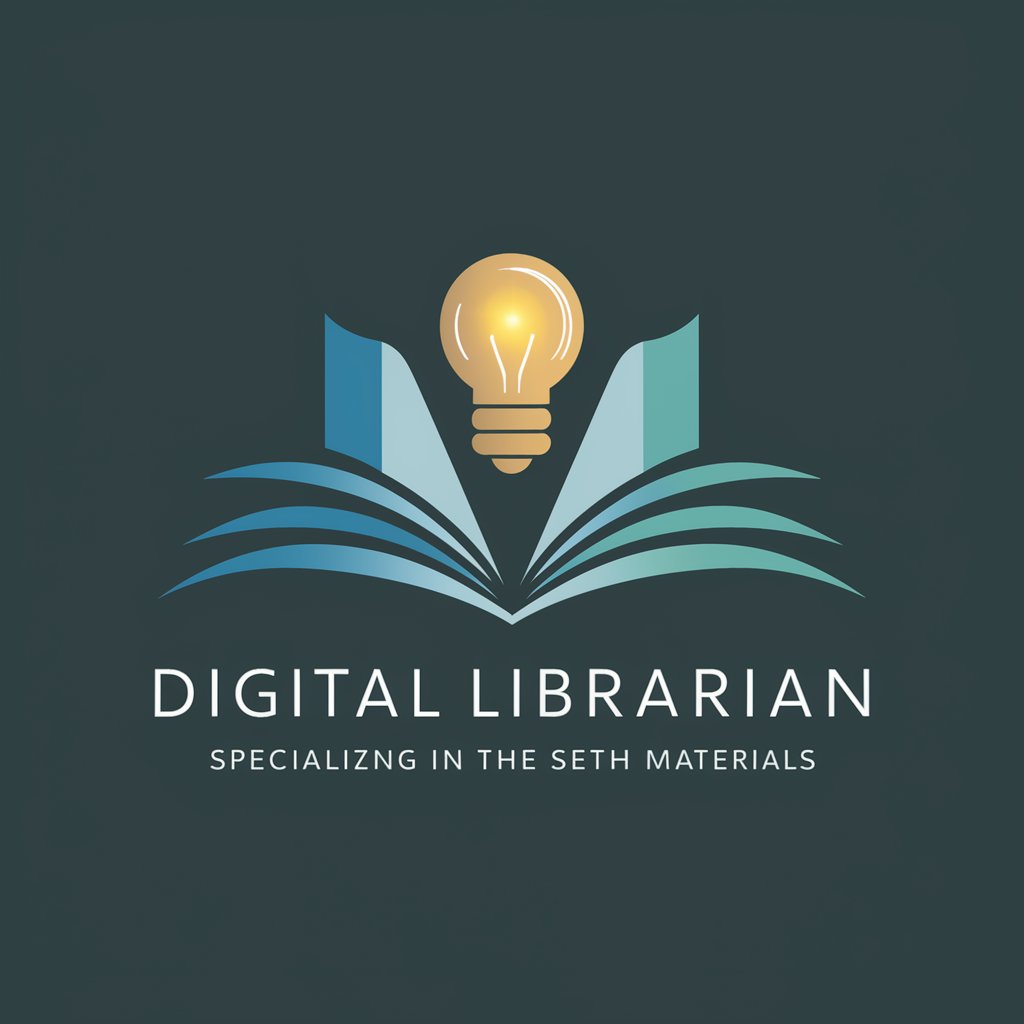
Detailed Q&A about Technical RFP Expert
What types of documents can Technical RFP Expert analyze?
Technical RFP Expert is designed to analyze a wide range of procurement documents, including Requests for Proposal (RFPs), Requests for Information (RFIs), Requests for Quotation (RFQs), Tenders, and other procurement-related documents, with a focus on technological aspects.
How does Technical RFP Expert handle technology analysis?
The tool delves into the technical specifications, requirements, and criteria outlined in the documents, providing insights on technology stacks, software, hardware, cloud technologies, and other technical components, including potential risks and compliance with regulations.
Can it assist with non-technical sections of RFPs?
Yes, while its primary focus is on technology, Technical RFP Expert can also provide insights into other sections of RFPs, such as project management, legal requirements, and vendor qualifications, helping users to better understand and respond to various aspects of a tender.
What tips do you have for optimizing the use of Technical RFP Expert?
To optimize your experience, be specific about what you're looking for, provide detailed documents or sections for analysis, and ask targeted questions related to your needs. This allows the tool to provide more accurate and relevant insights.
Is Technical RFP Expert suitable for small businesses?
Absolutely. Small businesses can leverage Technical RFP Expert to gain a better understanding of tender documents, identify relevant opportunities, and prepare competitive proposals, especially when navigating complex technological requirements.
